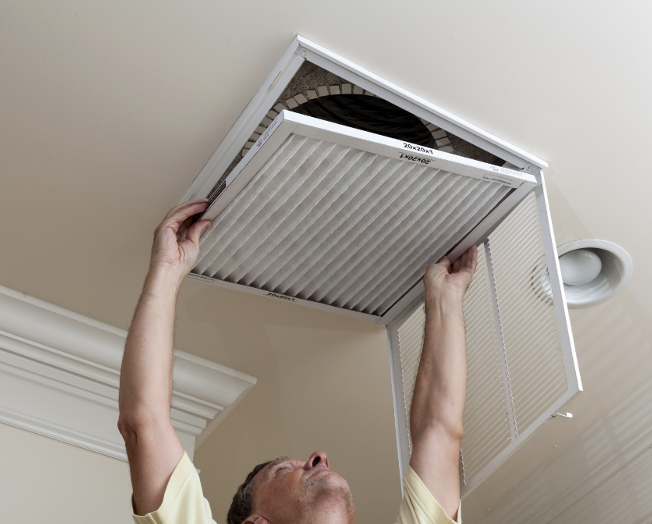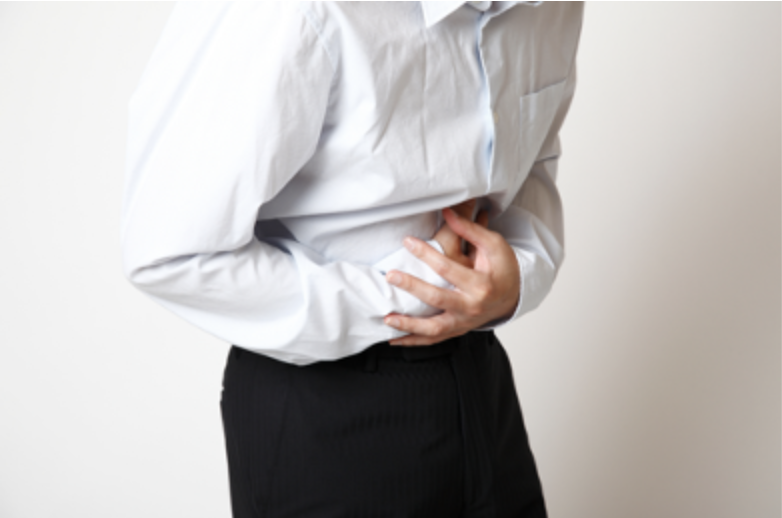Why It's Important to Clean, Disinfect and Sanitize
- Category: General
- Posted On:

While it’s easier to pinpoint our sickness's cause if exposed to someone who fell ill, we must also keep in mind that germs and bacteria easily spread onto objects and surfaces quickly and easily. From coughing or sneezing, droplets spread out into the air and land on anything underneath it. Even if you weren’t directly exposed to someone under the weather, their germs might have migrated by people touching things in one area and leaving a trail from one room to another. Therefore, we need to cover our noses and mouth to prevent droplets from spreading, even if you aren’t sick. Not only is it good practice, but it’s hygienic and keeps the areas you occupy free from possible buildup of dirt and bacteria.
But merely reducing our droplets spread isn’t the only measure we can take to prevent spreading germs. When we take the time to clean the spaces we use—our offices and homes, most prominently—we keep our health in check and the people around us. Cleaning, however, isn’t as simple as we make it out to be. The term ‘cleaning’ is typically used as a catch-all for reducing dirt, debris, grime, germs and pathogens, but there are different cleaning habits: cleaning, disinfecting and sanitizing.
What are the differences between the two? And more importantly, why is it important to understand them individually? Between cleaning, disinfecting, and sanitizing, each offers solutions to a much larger problem: stop germs from spreading across shared spaces and reducing the chances of getting sick. All are important and good practices to increase our chances of staying healthy, but one might be better than the other depending on the environment, cleaning solutions and people involved in the cleaning process.
The main differences between cleaning, disinfecting and sanitizing according to the CDC:
- Cleaning: Using soaps or detergent with water physically removes dirt, grime and germs from surfaces. Cleaning areas remove debris and bacteria but does not kill them. However, it does lower pathogens numbers and lowers the risk of infections spreading.
- Disinfecting: The best way to disinfect surfaces and objects is with chemical cleaning agents so germs and bacteria are killed. While this does not completely clean or remove dirt and germs, it lowers the risk of getting sick due to the killing of live pathogens.
- Sanitizing: Composed of cleaning and disinfecting practices, sanitizing lowers the number of germs on surfaces and objects. In turn, this minimizes the spread of illnesses.
Using a combination of these methods to sterilize the objects and surfaces we interact with decreases our health risk. Some pathogens and allergens wreak havoc on our immune system year-round despite illnesses seemingly more prominent during the winter months; when more people are indoors to stay out of the cold, the chances of getting sick skyrocket. The least we can do for ourselves is to find solutions to support our health.
By cleaning the spaces we use, it prevents us from getting sick from:
- Influenza: Flu shots are one of the most common ways to protect yourself against contracting influenza, and it’s essential to get one every year. These shots are updated every year based on the most prevalent strain of the virus each season. But the flu spreads easily, which is why it’s essential to clean the areas you interact with, cover your nose and mouth when coughing or sneezing and understand that the contagious peak is anywhere from three to four days. Disinfecting and sanitizing will kill and remove influenza germs and reduce the risk of sickness and possible emergency medical treatment from complications.
- Colds: Like the flu, colds spread through respiratory droplets because most germs are spread by hands. Anyone can catch it, and there isn’t a direct cure for it yet. However, when we’re diligent about reducing the germs that carry cold viruses, we eliminate our chances of getting it and spreading it to others. The first signs of a cold are sore throats and runny noses, so if you do get sick, stay home to protect others.
- Allergies: Fortunately, allergies and seasonal allergies do not spread from person to person like viral infections, but they can still cause problems for individuals who are allergic to dust, pollen, animal dandruff and more. Allergies spread similarly to germs because they are particles that float through the air or land on surfaces. When in contact with the body, irritation happens, leading to uncomfortable symptoms—from itchy eyes to runny noses, rhinitis or sinus allergies. However, not everyone is affected by allergens, but for those that are, it’s critical to keep up a regular procedure of dusting, cleaning and minimizing time outdoors in areas where pollen is high.

- Bad indoor air quality: While outdoor air is commonly associated with allergens, indoor air also holds irritants. In fact, poor indoor air is a significant problem for health issues, including irritation of the eyes, nose and throat. It can also induce headaches, dizziness and fatigue. Poor air quality is often linked to the HVAC unit's insufficient circulation within the building and results from the pollution that enters into the space and gets trapped inside. Asbestos, formaldehyde, radon, paints, fumes, pesticides, mold and mildew contribute to the air's health indoors. Minimizing these particles with regular upkeep and cleaning can detract from illnesses.

- Stomach flu: Unlike influenza, stomach flu is an entirely different type of illness that affects the intestines. It’s also different from food poisoning because the stomach flu is a contagious virus that manifests within one or two days of contraction; food poisoning usually hits within one to six hours of eating or drinking contaminated items. Most people fall ill from the stomach flu from being in contact with someone who is sick. Washing your hands and cleaning surfaces and objects can prevent the spread of the stomach flu.

Additional cleaning habits can also include washing your hands frequently and wearing a mask, especially if you think you’re coming down with an illness. The main reason to be mindful of cleaning, disinfecting, and sanitizing is that we’re protecting ourselves and the health of others around us. Unfortunately, sickness affects us all, and when we do our part to minimize it, we create environments that remain happy and productive.
If you’re feeling unwell, think you’ve been exposed to an infection or have allergies that are causing you severe problems, consider stopping by Baptist Emergency Room & Urgent Care.
Baptist Emergency Room & Urgent Care's emergency room is open 24/7, and urgent care is available from 7 a.m. to 8 p.m. every day. Appointments are unnecessary - walk in, and our healthcare professionals are ready to help at both of our locations.
Navarre - 8888 Navarre Pkwy., Navarre, FL 32566. Call the center at 850-750-5698.
Nine Mile - 9400 University Parkway Suite 101A Pensacola, FL 32514. Call the center at 448-227-4600.
Baptist Emergency Room & Urgent Care is comprised of board-certified ER-trained physicians and professionally trained ER nurses who deliver quality medical care. Our urgent care and emergency room can effectively treat various medical conditions. From fever to fractures, allergies to abdominal pain, and colds to concussions, we have you covered with on-site labs, CT, X-rays, and ultrasound.
[1].png)